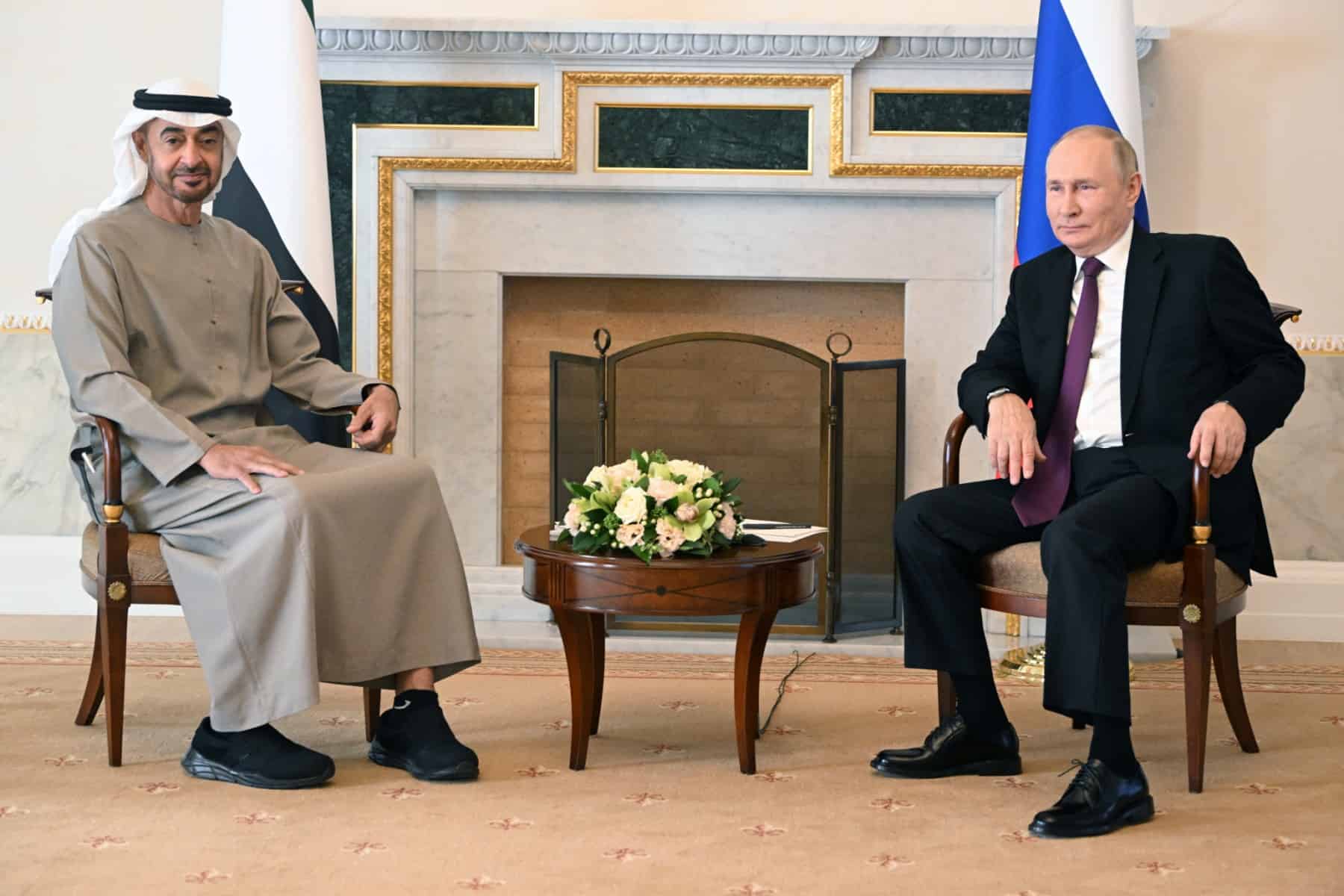Moscow, Russia – The UAE and Russia have agreed to enhance cooperation in the fields of innovation, environment, and education to promote sustainable economic growth.
This was decided during the 11th UAE-Russia Joint Committee meeting focusing on the economic and technology sectors.
The meeting was held in the Russian capital, Moscow, on March 14-15 under the chairmanship of Abdulla bin Touq Al Marri, Minister of Economy, and Denis Manturov, Deputy Minister of Industry and Trade of Russia.
“Through the Joint Committee, the UAE and the Russian Federation are looking forward to enhancing cooperation in several areas, including renewable and clean energy and food security,” Al Marri said.
Besides shifting of Russian oil trade away from the west has also made the UAE the focus of Moscow’s strategy to pivot to Asia. Since last year, as a result of Western sanctions that forced a reorganization of trade flows, Russian oil barrels have been pouring into ship-to-ship transfer hubs in the Middle East and Asia.
This year, the Fujairah port in the United Arab Emirates is set to see increased demand for oil storage and transit volumes as Russian trade flows continue to flood the hub, with only a little impact on trade being caused by recent price caps on Russian petroleum products.








